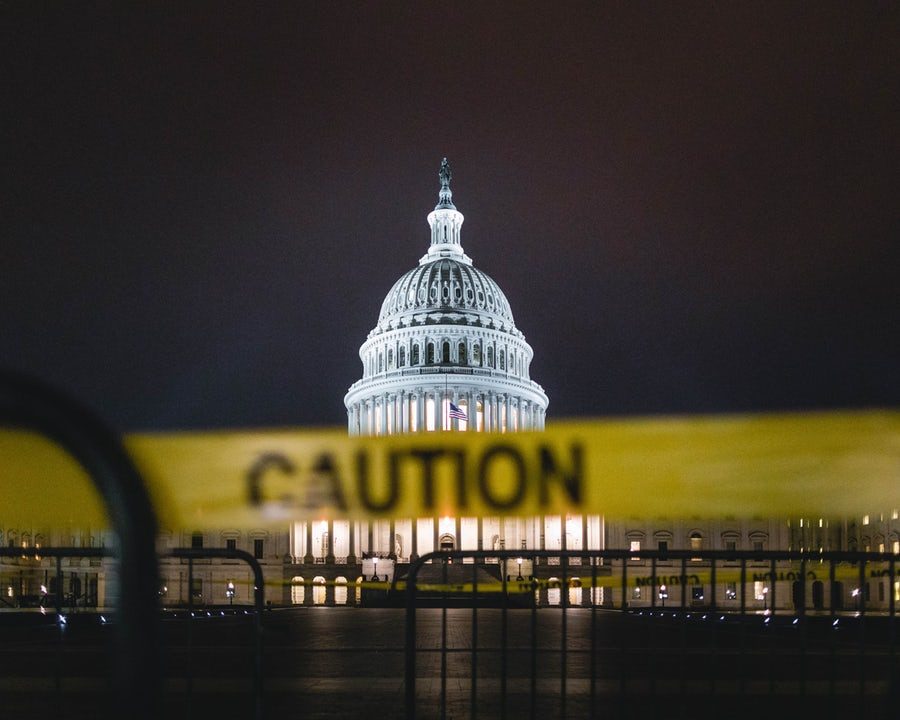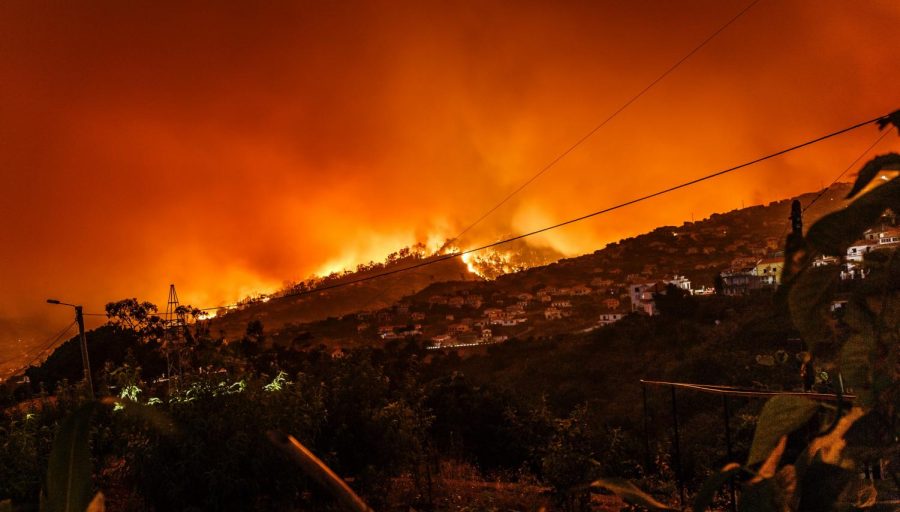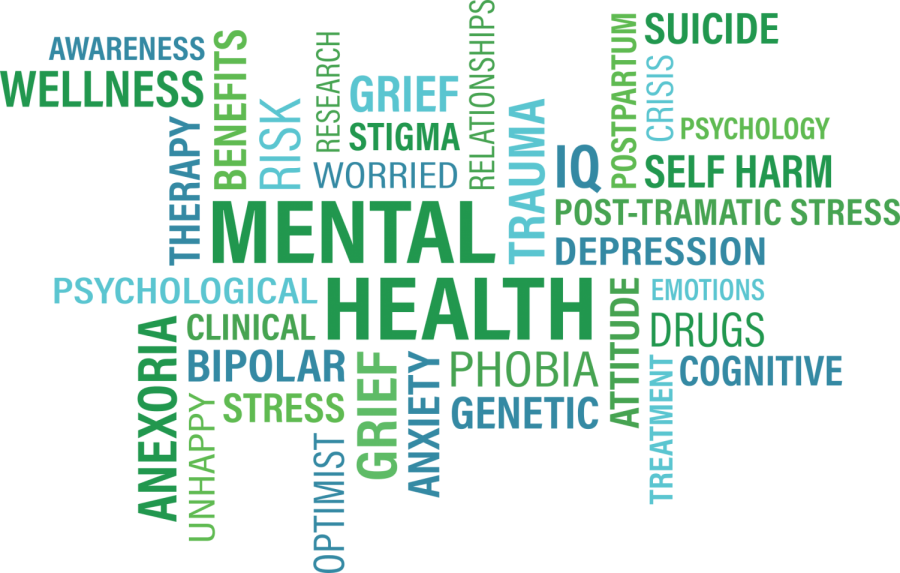Coronavirus causes consequences on mental health
A colorful collage displaying multiple types of mental health issues.
March 20, 2020
Recent spread of the COVID-19, better known as the coronavirus, has caused mass panic and hysteria amongst US citizens. Starting in early January, the coronavirus quickly became a widespread illness and shortly after, a pandemic. This virus while rarely deadly (a mortality rate of roughly three percent) is the root of millions of panicked citizens, as the detrimental effects of such a virus still to unfold. This mass hysteria is in large due to false information, spread by numerous news sources, in an attempt to gain popularity in the media. As people around the globe observe empty shelves in supermarkets, boycotting of Asian restaurants and hand sanitizer price gauging, this begs the question as to whether this is due to misinformation or mass panic.
This virus has led to anxious spurs, depressive spells and numerous other mental health issues across America. Highly publicized viruses such as this one are a trigger for many citizens, as those with mental illness are more susceptible to panic in these situations.
“The outbreak of coronavirus disease 2019 (COVID-19) may be stressful for people. Fear and anxiety about a disease can be overwhelming and cause strong emotions in adults and children. Coping with stress will make you, the people you care about, and your community stronger,” Center for Disease Control and Prevention (CDC), in a report, said.
Viable coping mechanisms for COVID-19 related stress include sticking to reliable sources, distancing from social media and other false information and tele-therapy. These alternative methods to usual strategies including tele-therapy, will continue to evolve as this situation further progresses. Remembering to take a walk, breathe fresh air and take in sunlight is yet another strategy for preventing depression during these times of isolation. Mental illnesses such as depression and anxiety are most common products of these global crises, further proving the need for these coping methods.
COVID-19 can trigger those with Obsessive Compulsive Disorder (OCD) as well; guidelines by WHO, World Health Organization (WHO), are to wash hands, not excessively, prevent fixations on contamination by distancing from others, but not isolating from loved ones.
“This is a tough time for us OCDers. For those who have been through contamination #OCD, the response to #COVID19 feels like watching our brains being flipped inside out. It’s weird seeing people act in ways (repeated sanitizer, fear of touching stuff) we associate with being ill,” Lily Bailey, author of Because We Are Bad, a novel on living with OCD, in a tweet, said.
Bailey explains what it is like to observe the general public practice triggering behaviors with those who have contamination OCD, an area of this condition that focuses on obsessing over contamination. While many with OCD develop compulsions or rules to control their disorder, the CDC urges you to follow guidelines though they may seem to repeat old behaviors.
Children are especially susceptible to panic during these times, as false information is not easily deciphered by them. With most schools cancelled, young children may not understand this trying time.
“Another potential outcome of so much information coming children’s way – along with a great deal of advice, such as standing two meters away from grandparents to avoid possible transmission – is ‘guilt,’” Eva Lloyd OBE, professor of early childhood at the University of East London, said.
It is important to talk lightly about COVID-19 in front of children, to prevent them from dwelling on the subject. If able, going for a walk or playing outside shows young kids that life is not ending. Consistent routine and talking logically but not gloomy also help to manage fear in children.
In these unprecedented times, it is important to remember that modern medicine and coping mechanisms can divert mental illness from negatively impacting your life. Simply following CDC and WHO guidelines, staying away from alarming media and building routine into your life are the most important aspects of prevention.














